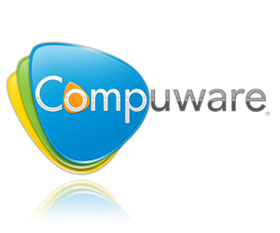ISPA pushes for RICA rethink
The Internet Service Providers’ Association of South Africa (ISPA) has called on the Department of Justice and Constitutional Development (DOJ) to take a fresh look at the Regulation of Interception of Communications and Provisions of Communication-related Information Act (RICA).
ISPA says the DOJ has previously recognised the need to relook at section 39 of the Act. This section of RICA requires ISPs to record certain personal information of their customers and then to verify such information and the identity of the customer, before activating any electronic communication services - such as Internet services.
“In its present form, the section places the near impossible burden of physically verifying the details and identity of all customers of the ISP,” said Ant Brooks, General Manager of ISPA.
Most South Africans with mobile phones will have already gone through the above process with their mobile network provider under section 40 of RICA.
“Given that they sell a virtual product and sign up most of their existing customers electronically (either telephonically or over the Internet), this places an enormous administrative and financial burden on ISPs. Many ISPs do not have retail outlets, making it almost impossible for them to verify the identity of their customers,” he added.
According to him ISPs therefore face the enormous challenge of appointing agents or setting up branch offices to verify new customers.
“In order to be compliant with RICA as it currently stands, a customer needs to appear physically in front of an ISP’s representative with his or her ID document, proof of address and certified copies of both of these (to be retained indefinitely by the ISP) before an account can be activated.”
The organisations also say in addition to the inconvenience this process would cause for ISPs and customers, it could have the unintended effect of driving up Internet access costs.
“The costs associated with ISP customer registration could even drive smaller ISPs out of business as they will not be able to compete with bigger competitors with national retail outlets,” warns ISPA.
The organisation also says it has proposed that ISPs be allowed to verify documents in electronic format using the framework set out in the Electronic Communications and Transactions Act of 2002.
“We are hopeful that the DOJ will give this proposal serious consideration,” said Brooks.
According to him, their members are supportive of the overall goals of RICA and eager to work with the DOJ in order to ensure that the Act is amended in a manner that will both serve the purpose of the Act as well as make compliance possible.
“We do believe that the goals of RICA can be achieved more efficiently through an alternative verification process. ISPA has made various proposals to the DOJ and hopes that the DOJ will take our feedback on Section 39 into account. We look forward to news of possible changes to this section of RICA,” concludes Brooks.



